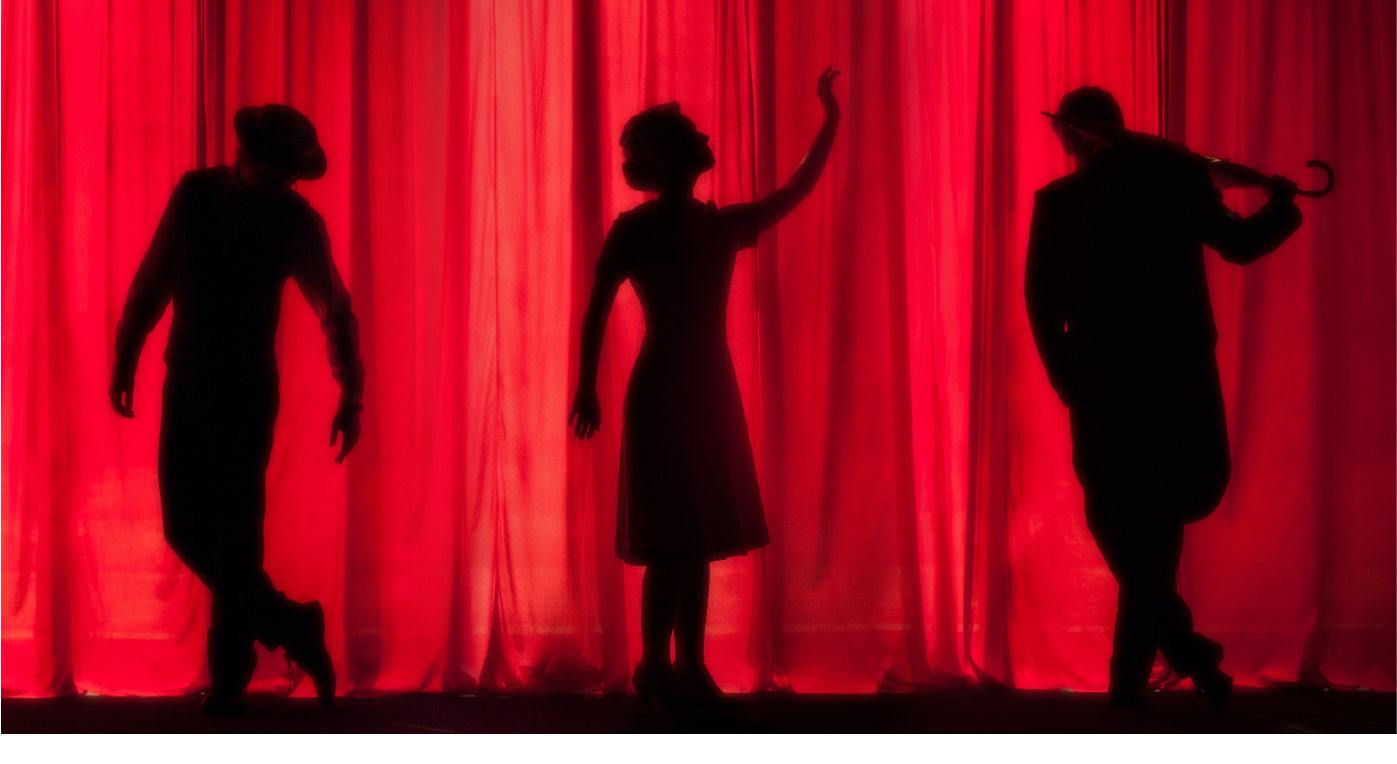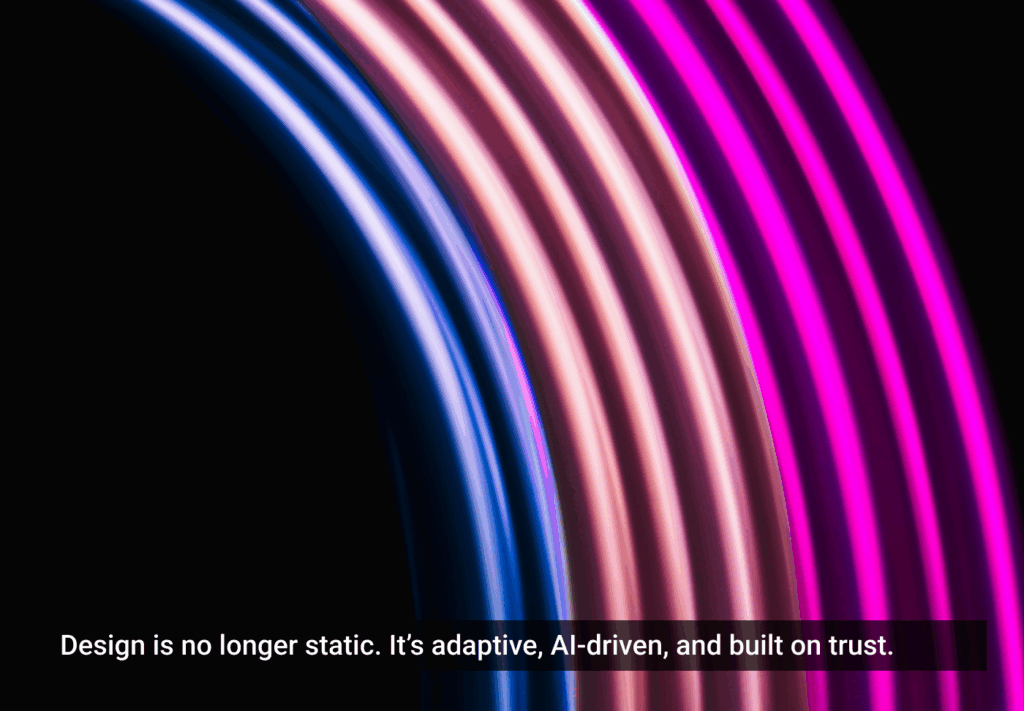Actors and directors make fantastic UX Designers/Writers. From storytelling to empathy to understanding human nature, the world of UX shares many traits with the world of theater.
It’s a good question, so let’s check out some of the skills critical to both.

Cast photo: “As You Like It”.
Actor:
A key part of the UX Designer’s role is to empathize with their target audience through cleverly conceived research methods and really get in the head of anyone using their product or service. As an actor, your job is to do exactly that. I mean, how can you realistically play a preppy American college kid from Oklahoma, unless you really delve into what drives and motivates them? Research, research, research.
As an actor, I also cultivated my improvisation skills, which help me to not only brainstorm many ideas in a short amount of time, but also to role-play how a typical user might realistically utilize a product. This out of the box approach can be used on products with varying levels of complexity.
Just like in the world of UX where presentation skills must be top notch, pitching ideas to a group of actors is like trying to herd wild cats (similar to pitching ideas to project stake holders), knowing how to captivate your audience is essential!
Director:
The heart of directing is storytelling. We use storyboards and character journeys to create backstories and develop depth of character. As a UX Designer, creating customer journey maps and storyboards, generally understanding the principles of storytelling is what sets quality products apart from their competitors. Leadership skills are also essential. As a director, it’s crucial to let your team members breath their own life into characters, and it was my job to create an atmosphere which fostered creativity. I was also in charge of facilitating the work-shopping process of difficult scenes and making sure that the audience felt the emotions that we intended for them to feel. It’s also important to maintain an iterative approach and notice when an idea we’re trying is simply not working.
A love of words is also crucial to success. While directing Shakespeare’s work, I developed an appreciation for beautifully crafted language, both spoken and on the page.Producer/Founder:
Over the past 15 years, I have co-founded two theater companies after identifying a gap in the market for affordable English language theater. To accomplish it I needed to utilize time management and leadership skills, as well as an understanding the financial needs of the company. I successfully created communities where like minded individuals were able to create together and bring quality productions to fruition.
I hope this gives you a glimpse into why actors and directors make fantastic UX Designers. If you would like to learn more click here to read my other article on the subject, and as always I invite you to reach out!Key skills to work in the theater and as a UX Designer
- The ability to empathize with anyone and really delve into their persona through research
- Storytelling skills through character/customer journeys and storyboards
- Improvisation skills which allow me to brainstorm many ideas in a short amount of time
- An iterative approach to working on projects
- Presentation skills
- Out of the box thinking on solving complex projects with short deadlines
- An ear for beautifully crafted language both spoken and on the page
- Project management skills
- Budgeted and produced shows on tight budgets through forming relationships and collaborating with a diverse group of people
- Built communities from the ground-up, with an emphasis on creating together, while belonging to a group of like minded individuals
- Communication skills
- The ability to lead teams
- As a director, I created an atmosphere which fostered creativity
- Workshop facilitation








